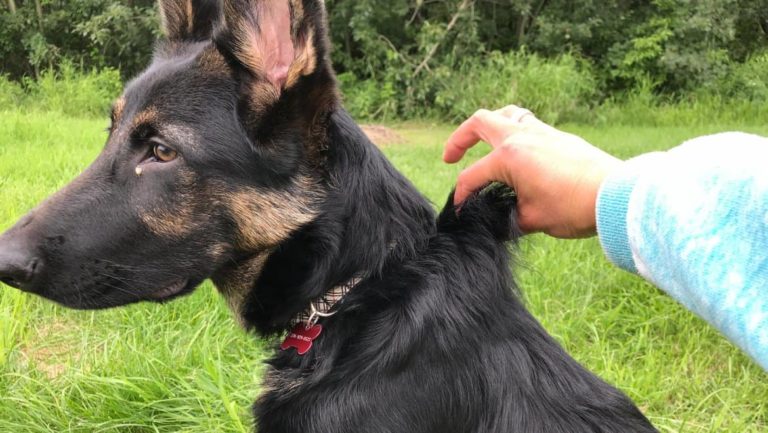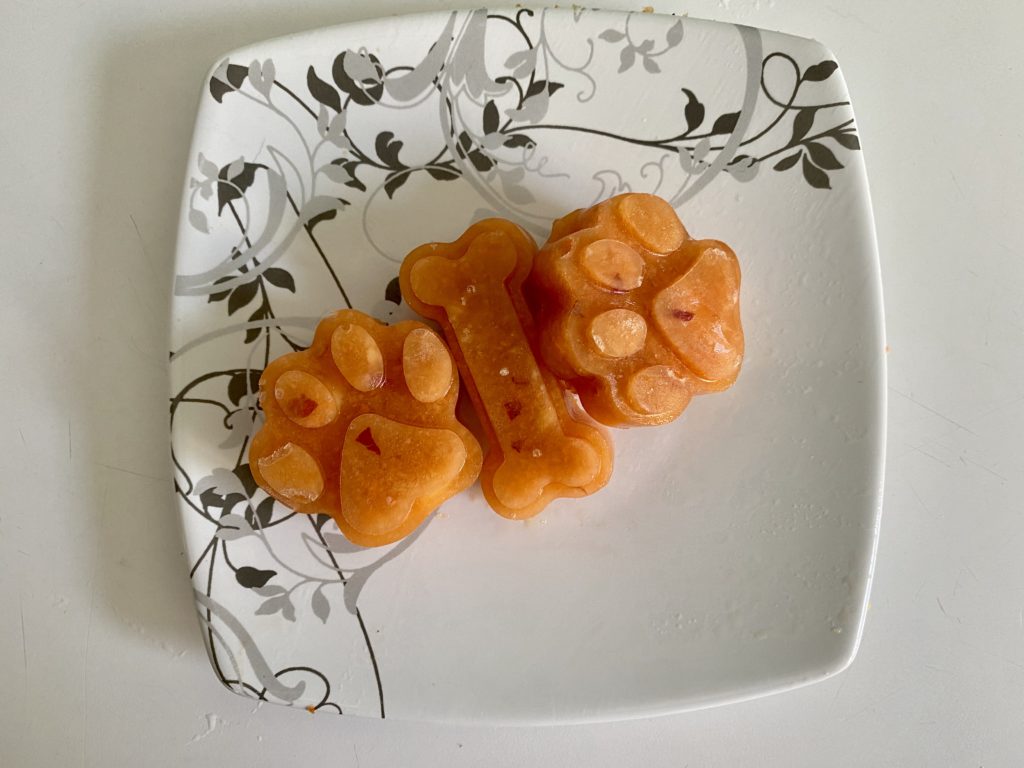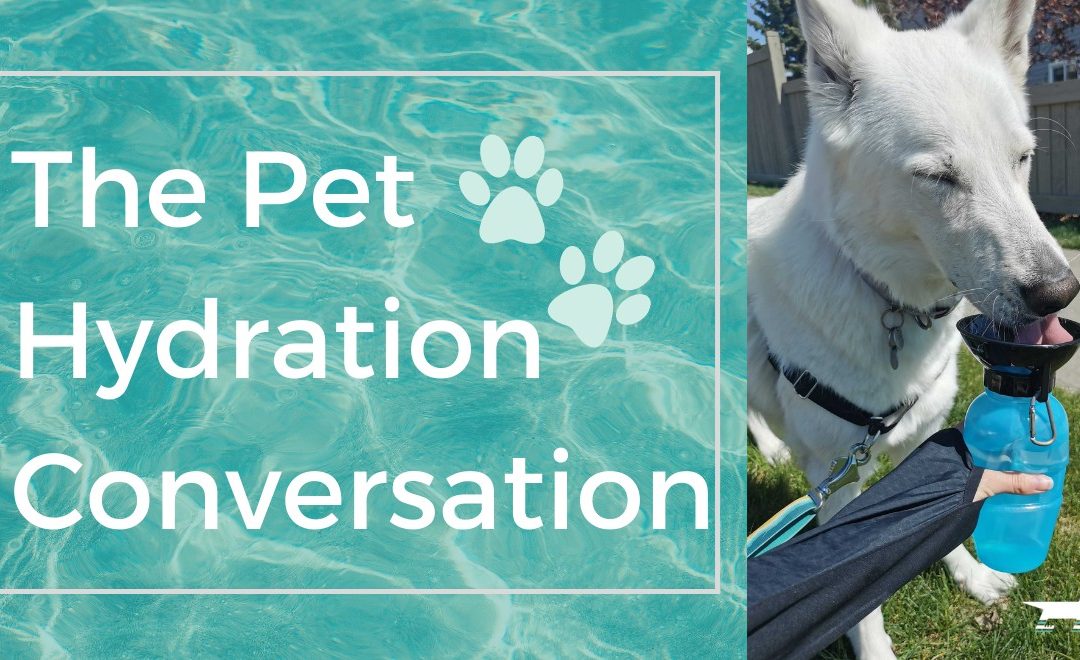Did you know that July is National Pet Hydration Month?
Don’t get us wrong, hydration is important all year round. Water is the basis for the biological processes and reactions that keep our pets alive, and also aids in the transport of essential nutrients and substances around their bodies!
However, during the warm Edmonton summer months, our pets are at a greater risk for heat-related illness and dehydration. This is why we take July as the month to raise awareness about the importance of hydration.
What Happens When Your Pet Is Dehydrated?
On hot days, our pups lose more water than usual, primarily through panting. When your pet isn’t taking in enough water to account for the extra amount lost, their blood and other fluid volumes will decrease; Meaning that less oxygen will reach your pet’s tissues and organs due to reduced blood flow. Other important minerals that facilitate transport, muscle and nerve function and pH regulation are also lost when your pet is dehydrated.
What Does Dehydration Look Like?
Symptoms of dehydration include:
- loss of appetite
- vomiting
- diarrhea
- excessive panting
- sunken eyes
- dizziness
- thick and pasty saliva
- dry nose
- shock
Another common symptom of dehydration in pets is loss of skin elasticity. You can quickly check this by gently pulling on your pet’s skin at the back of their neck or between their shoulder blades. If their skin doesn’t quickly return to its original position, your pet is likely dehydrated. The longer it takes for the skin to bounce back into place, the more dehydrated their body is.

Prevention and Treatment
It is important to seek veterinarian advice and/or care for dehydration in pets. For mild cases of dehydration, they may have personalized recommendations for your pet and their rehydration process, whereas more severe cases will need immediate care and often rehydration through intravenous fluids.
When rehydrating your pet, it is best to do so slowly. If your pup uptakes too much water in a short amount of time they may vomit, causing even more water loss.
Ensuring your pet has enough fresh water throughout the day is the easiest and most effective way to prevent dehydration this summer. Since heat-related illness and dehydration are closely related, it’s best to also follow the steps for preventing heat exhaustion and stroke in pets. You can find more information on protecting your pets from the heat here.

Tips and Tricks For Pet Hydration
We know that for pets who do not like to drink water, hydration is not as simple as refreshing their water bowl throughout the day. That means we have to get creative to ensure our pets meet their water intake needs! These are a few of our favourite ways:
- adding items of interest into your pet’s water like veggies, ice cubes, pet-safe bone broth, or peanut butter
- making pup-sicles for your pet to work away at during warm days, check out one of our recipes here
- playing outside in sprinklers with safe water
- adding some water to dry food
- serving wet food, which has a higher water content

As Dog Walkers in Edmonton, we understand the importance of hydration, especially during the summer! This is why we always carry an ample amount of water for your pets and take the necessary steps to prevent heat-related illness.




